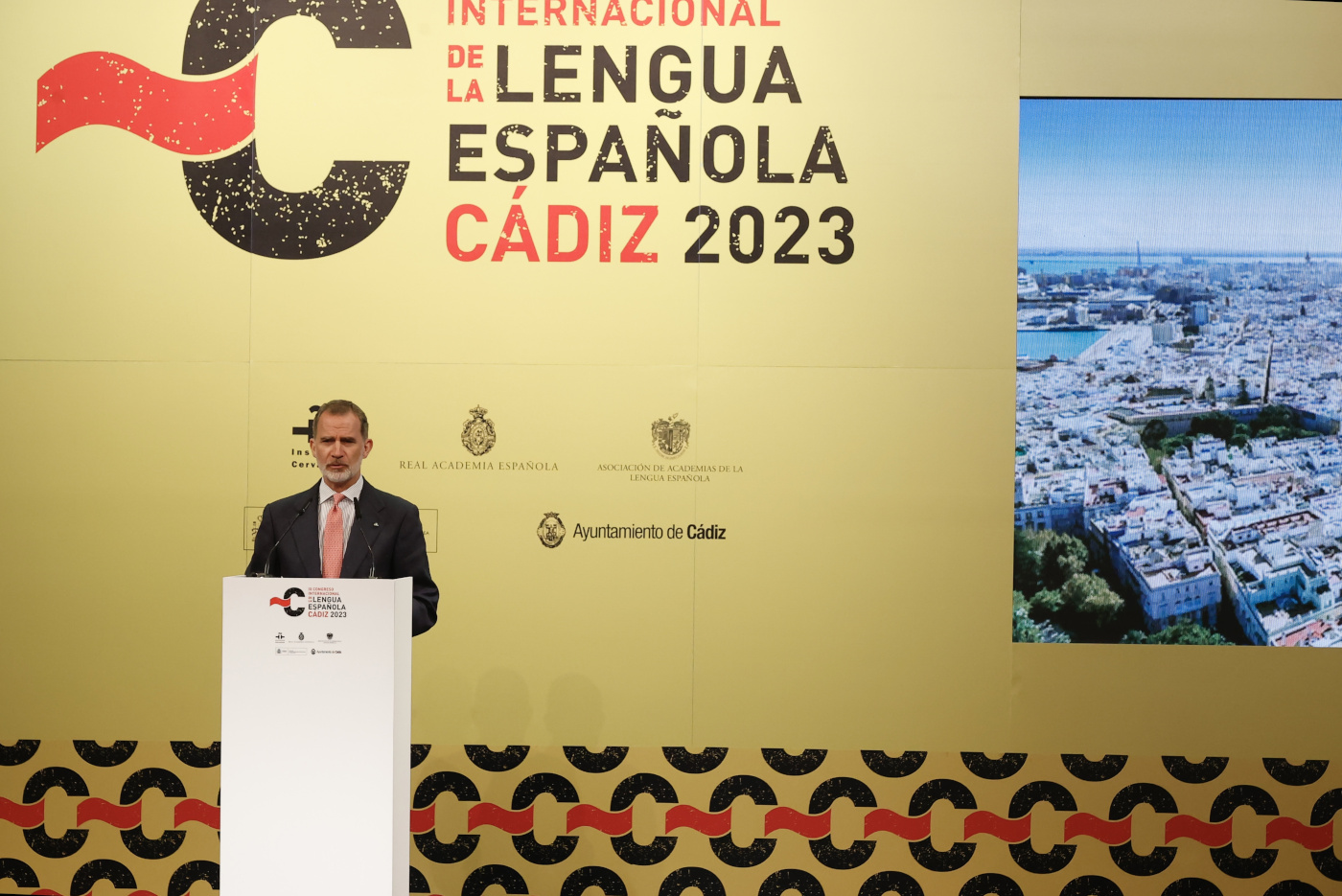
'Mestizaje,' a key factor in the expansion of Spanish around the world
The IX Congress of the Spanish Language vindicated the importance of miscegenation, universality and cultural ties between America and Spain
The IX Congress of the Spanish Language (CILE) held this week in the Spanish city of Cadiz had a very clear motto: to vindicate the importance of 'mestizaje' and multiculturalism in the expansion of Spanish around the world.
"It is the time of Spanish, with all its voices, twists and nuances, with all its accents, with all its richness and diversity. The 21st century must be the century of Spanish," said the King of Spain, Felipe IV, at the opening of the Congress.
"Spanish is a mestizo language, and this mestizaje transcends all areas and all nations in which it is spoken," he added. The term 'mestizo' means 'mixed' in Spanish, and is generally used throughout Latin America to describe people of mixed ancestry with a white European and an Indigenous background.
RELATED CONTENT
In this vein, the Congress organized several panels to explore the fluid relationship of Spanish with other languages. One was titled "Spanish and the native languages in Mesoamerica and the Caribbean," where academics reflected on the past and present contact between the European language and the American languages, giving rise to a multilingual reality in many of the countries, such as Guatemala, Venezuela or Mexico. Other topics discussed included "The Andean space, Native languages and Spanish," "Afro-descendants in relation to Hispanic language and culture," and the "Coexistence and hybridization of Spanish and English."
The Congress also launched a fierce critique against tyranny. Nicaraguan writer Sergio Ramirez, exiled from his country because of the authoritarian government of Daniel Ortega, remarked that "tyrannies punish the mockery of fictions and can take away your country, your memory, your past because in the delirium of their capricious arbitrariness they believe they have the power to make you disappear." Ramírez, winner of the 2017 Cervantes Prize, concluded that "literature is the only moral security of society."
The IX Congress, which brings together more than 300 guests, including writers and academics of the language, should have been held in the Peruvian city of Arequipa, birthplace of Nobel laureate Mario Vargas Llosa, but the political instability that hit the country in December 2022 forced a change of destination.
Spanish is the mother tongue for 500 million people, which becomes 600 million if you add those who are non-native speakers.
"Our language is a global language, one of the few global languages on the planet," said Spanish Foreign Minister Jose Manuel Albares.











LEAVE A COMMENT: